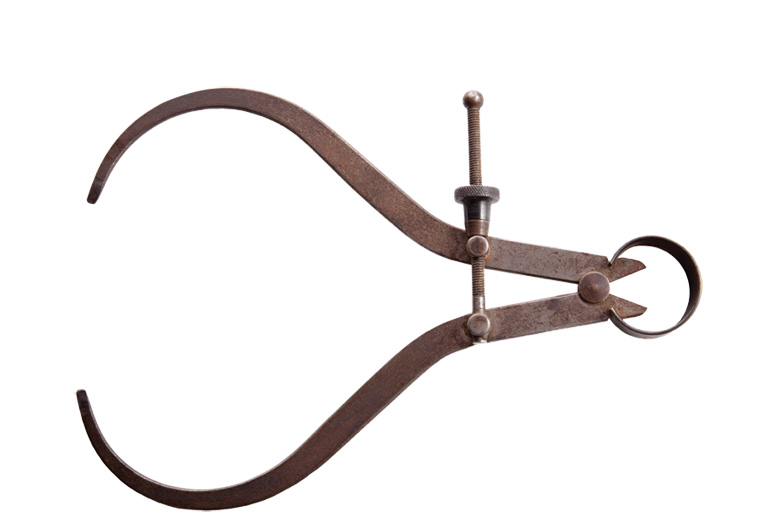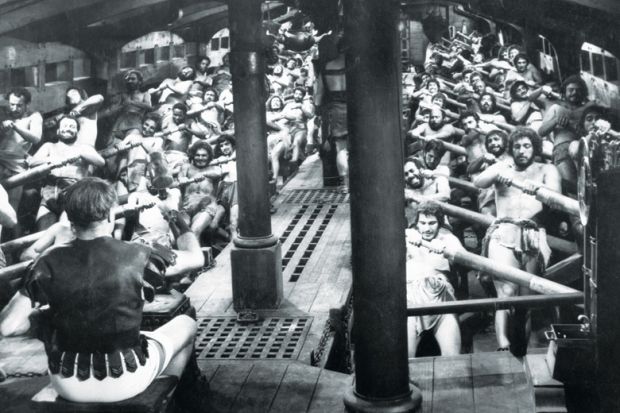Full steam ahead
“It’s an essential piece of rebalancing.”
That was how Jamie Targett, our Director of Corporate Affairs, responded to the news that the average salaries paid to senior university administrative staff are now rising three times as quickly as the pay awarded to rank-and-file academics.
“What you have to understand”, Targett told our reporter Keith Ponting (30), “is that academics have traditionally enjoyed an extremely privileged position within universities. They’ve been free to adopt such important-sounding titles as “Professor” and “Reader” and to walk around campus all day wearing their rather silly hats and gowns. No one has interfered with their wish to speak in Latin at degree ceremonies, and they’ve been able to convene colloquia and Festschrifts to their heart’s content.”
“And that’s all changing?” asked Ponting.
“Exactly. The tide is turning,” said Targett. “People are beginning to ask who are the key players in a university. Are they the ‘dons’ who spend their days complaining about the good old days or are they the new thrusting group of well-paid managers who spend their time getting on with the job?”
Did this really mean that we were nearing the stage when academics might become second-class citizens on their own campus? Surely they would always be at the heart of any real university?
Targett proposed a “useful” analogy. “Think of the modern British university as a Roman galley. Now while galley slaves were certainly at the heart of their ship and ensured its basic locomotion, it was the galley master – or as we now say, the Head of Human Resources – who determined both the speed and direction of the actual vessel.”
So was there any comfort Targett could offer to all those academics who saw management salaries constantly leaping ahead of their own emoluments?
“Keep on rowing.”

Another framework
According to well-informed sources, Jo Johnson, the universities minister for measuring, is about to complement the REF (research excellence framework) and the forthcoming TEF (teaching excellence framework) with a third measure of academic quality, the CEF (cranial excellence framework).
This new framework will, for the very first time, provide the measuring minister with an essential check on the relative brainpower of individual academics.
When the CEF gets the green light, all serving academics in British universities will be required to purchase a pair of working calipers and proceed to submit the following metrics to the several hundred newly constituted CEF evaluation panels:
1. Maximum circumference of head
2. Distance between the eyes
3. Breadth of forehead (balding academics should not include any portion of the forehead that might normally be regarded as part of the head).
Although one or two well-known troublemakers have already questioned the correlations between these factors and IQ, a spokesperson for the Department for Business, Innovation and Skills pointed out that as academics had so readily endorsed the dubious measurements of research quality in the REF and were apparently about to follow a similarly acquiescent path in the case of the new TEF, it was difficult to see how they could possibly object to a system of measurement that had been pioneered by so many distinguished 19th-century phrenologists.
Register to continue
Why register?
- Registration is free and only takes a moment
- Once registered, you can read 3 articles a month
- Sign up for our newsletter
Subscribe
Or subscribe for unlimited access to:
- Unlimited access to news, views, insights & reviews
- Digital editions
- Digital access to THE’s university and college rankings analysis
Already registered or a current subscriber?



